| Your browser is not supported. | ||
|
Please browse our site using any of the following options:
| ||
Rooftop Tents Vs Ground Tents: Which One To Choose
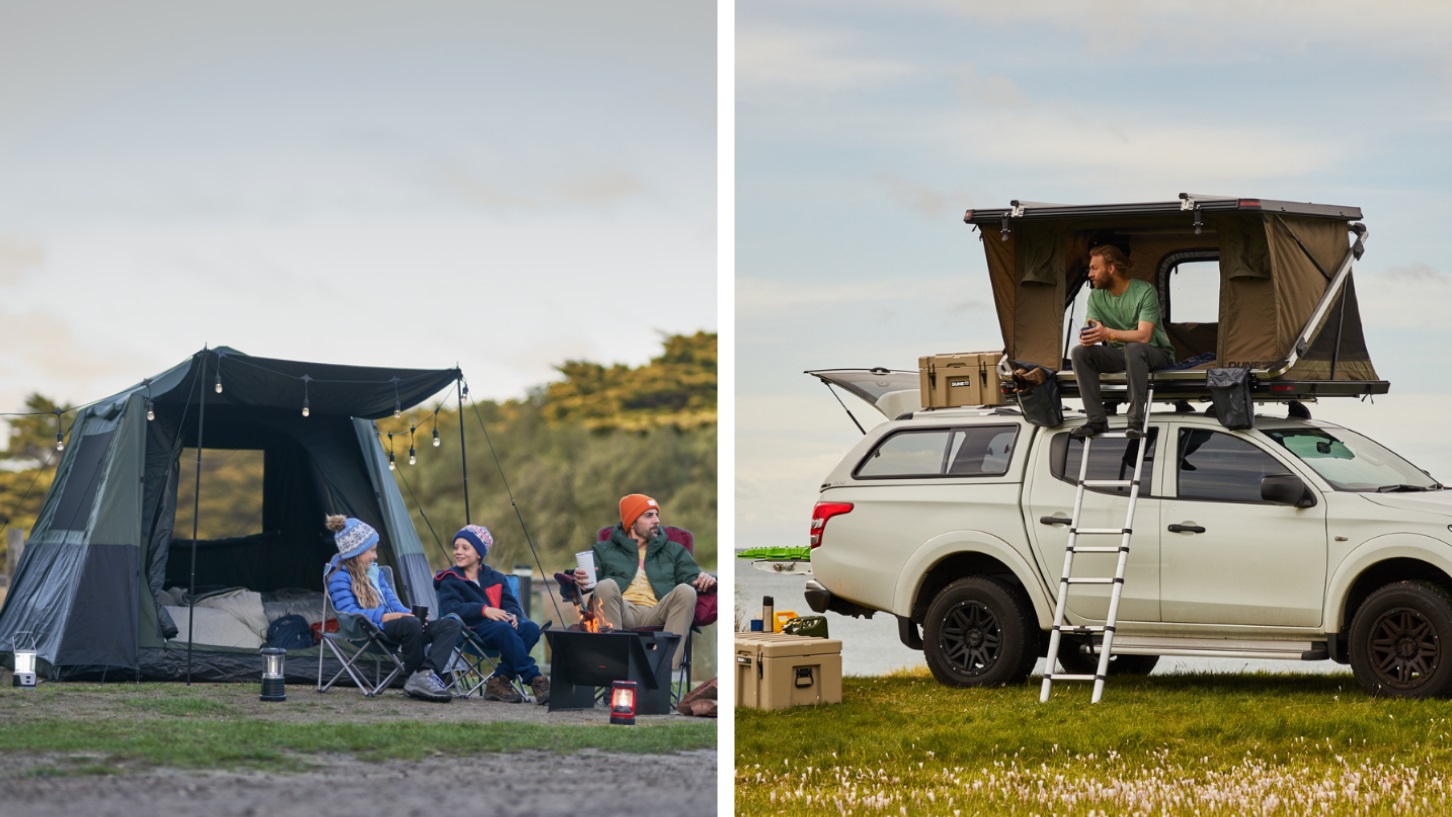
When it comes to choosing the right type of tent for your next outdoor camping adventure, you are spoilt for choice - so much so, that it can even be a little confusing as to which type of tent is best for you. Should you buy a rooftop tent for the extra convenience it offers? Or would a ground tent be a better option for more space? Or maybe a swag might be a better option if you are hiking in remote areas and don't want to carry a lot of items around with you?
Rooftop tents are becoming increasingly popular with adventurers, road trippers and campers alike, and it's easy to see why. They're easy to set up, they keep you up off the ground and go anywhere your 4WD can take them. And while there are plenty of people who absolutely love their rooftop tent, they won't suit everyone. The humble ground tent has stood the test of time and for good reason - they're super versatile, affordable and come in a huge range of shapes and sizes. If you're not sure which tent setup is best for you, we're here to help! Let's break it down and look at what to consider.
Quick Links:
- Most Commonly Asked Rooftop & Ground Tent FAQs
- Ease Of Set Up
- Versatility
- Durability
- Cost
- Comfort
- Accessibility
- Living Space
- Safety
- Rooftop Tents Vs Ground Tents Comparison Chart
- Find The Best Rooftop Tents & Ground Tents At Anaconda
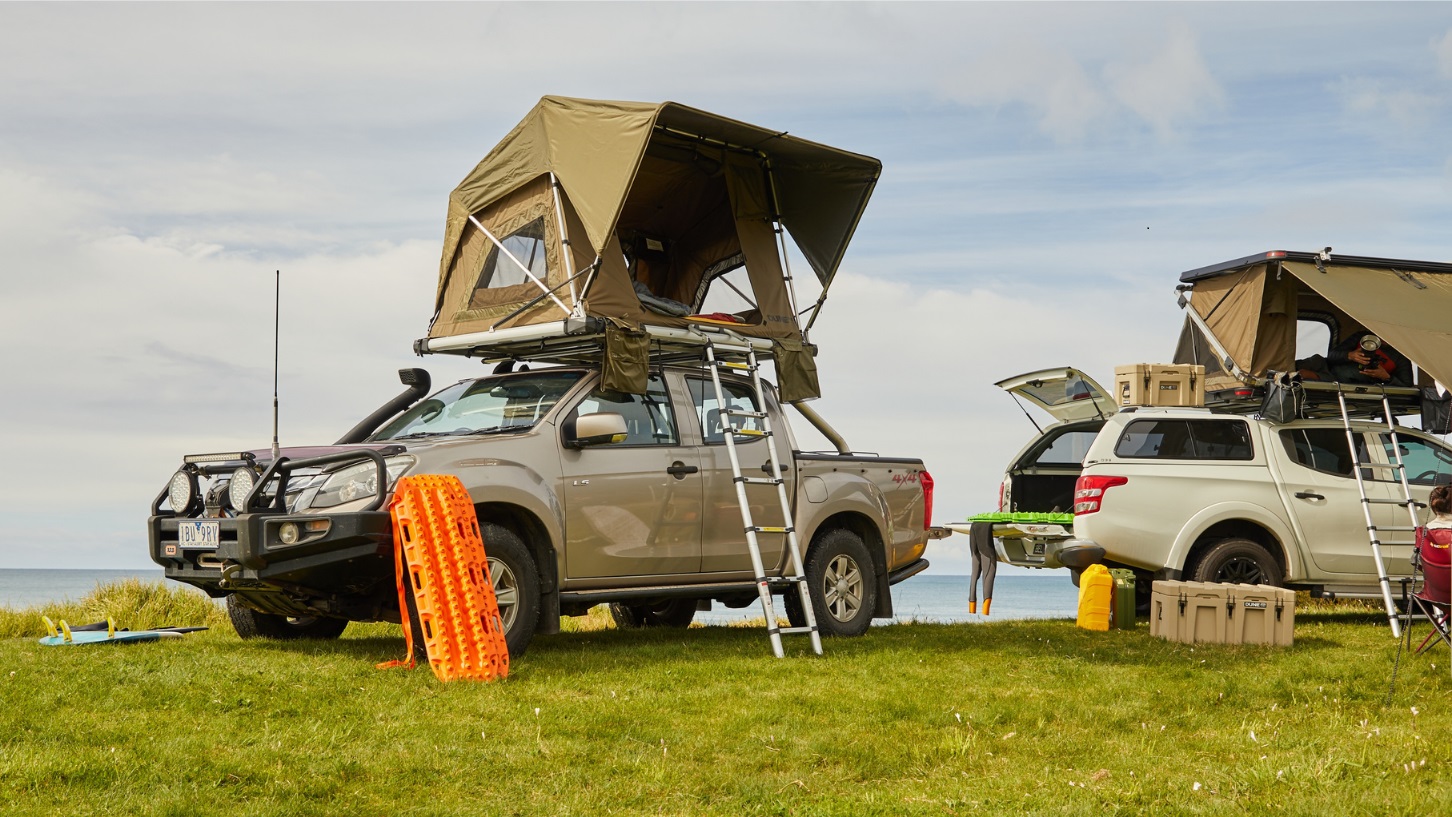
Most Commonly Asked Rooftop & Ground Tent FAQs
How safe are rooftop tents?
Rooftop tents are very safe - as long as you are using your rooftop tent safely. For example, make sure you always use a light source such as a torch when climbing in and out of your rooftop tent at night so you can clearly see when using the ladder. Another important factor is to ensure that the rooftop tent is suitable for your vehicle's load capacity.
Do rooftop tents leak?
Rooftop tents are as leak-proof as ground tents and also aren't more prone to leaking than ground tents as well. In fact, there are plenty of options to make your rooftop tent or ground tent more waterproof, such as hanging a tarp over your tent as a cover or seasoning your tent to ensure it is water-tight.
What is the lifespan of a rooftop tent?
The answer to this question depends on various factors such as if you have a hardshell or a softshell rooftop tent, how you maintain the tent and the types of weather conditions you often camp in. For example, a softshell rooftop tent can last between 5 to 10 years whereas a hardshell rooftop tent can last up to 10 to 15 years.
How do I make my ground tent comfortable?
There are many things you can do to make both your ground tent and rooftop tent more comfortable, such as:
- Bring some pillows and duvets from home with you
- Use a sleeping mat inside of your sleeping bag
- Replace your sleeping bag for an air mattress
- Use a tent heater if you are camping during winter
- Set up an insect net around your tent during mozzie season
What is the easiest ground tent to put up in Australia?
The easiest ground tent to put up in Australia is an instant up tent, also known as a pop up tent. These types of ground tents come with all of the poles already attached, meaning all you have to do is put them in position, click them into place and then pull the rainfly over the front of the tent. Instant up tents are very popular because they can be easily set up in just under two minutes.
What is the best ground cover for under a ground tent?
The best ground cover for under a ground tent is a sheet of tarp. By placing a ground tarp underneath your tent before setting it up, you will be protecting your tent from harmful objects on the ground that can pierce through the bottom of your tent such as sharp sticks, rocks, thorns and any dampness from the ground itself. It's also perfect for keeping your ground tent clean as well.
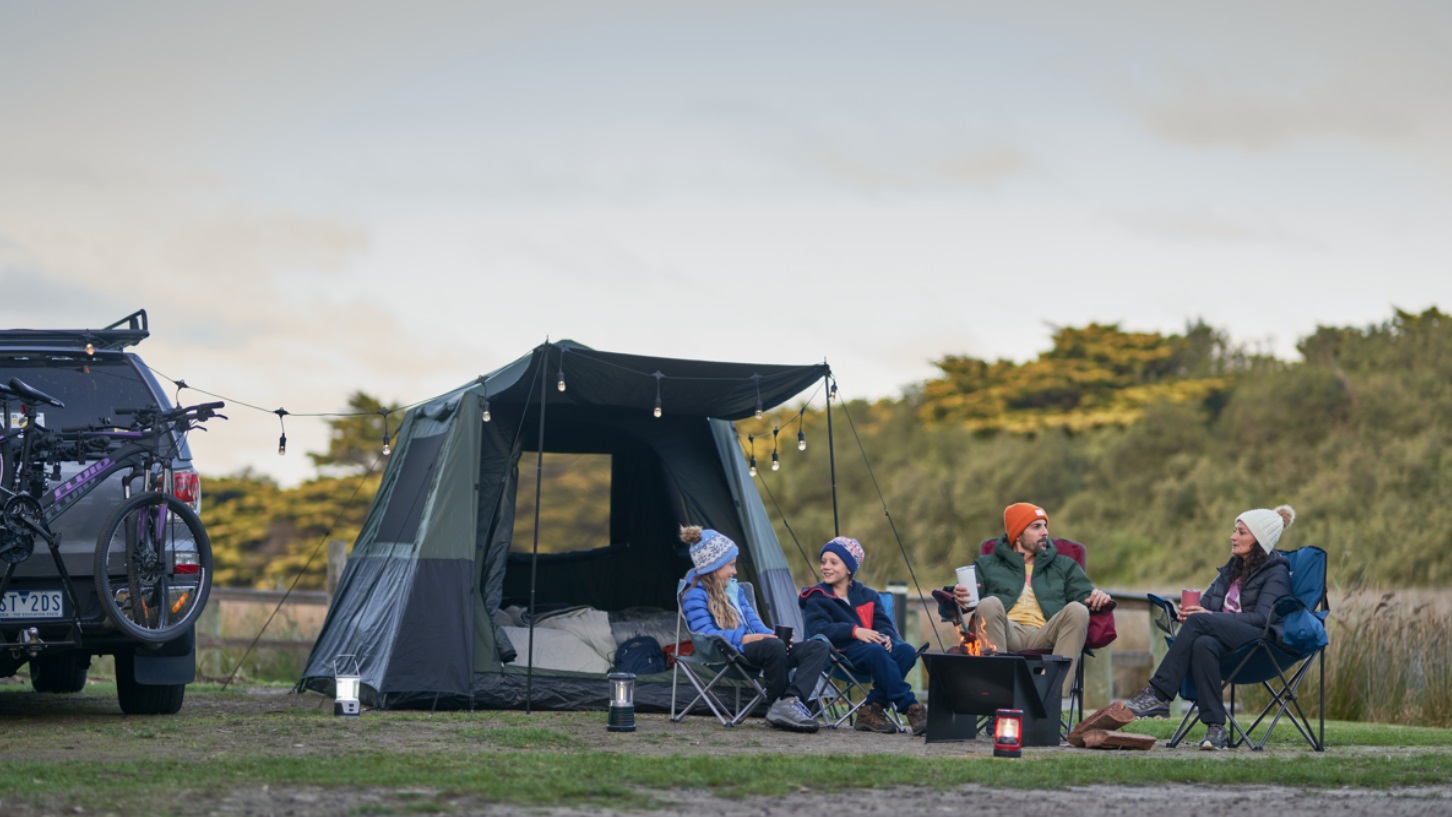
Ease Of Set Up
As far as ease of setup goes, rooftop tents will usually win hands down. To set up a rooftop tent, you'll generally just have to fold it open and position the supports. There will always be exceptions of course - there are some very easy to set up ground tents out there! But when you take pegging and setting up your bedding into consideration (bedding can stay in place in a rooftop tent), a rooftop tent will still usually come out on top when it comes to set up time. However, if you are looking for a ground tent that is quick and easy to set up, then nothing beats an instant up tent. As they come with the tent poles already attached, the tent can be easily set up in under two minutes and can comfortably accommodate up to 6 people depending on the type of instant up tent you purchase.
Versatility
The setup that offers the most versatility will depend on your unique circumstances. For example, a ground tent will offer more versatility when it comes to different kinds of camping - in other words, you don't need a car to use it. If you are car camping, a ground tent also enables you to use your vehicle during the day without having to pack up camp. A ground tent is also more versatile when it comes to the number of people sleeping in the tent, with many rooftop tents limited to two or three people. On the other hand, if you don't have kids and the only kind of camping you do is with your car, a rooftop tent can offer greater versatility around where you camp.
This is because, unlike a ground tent, you don't need a nice flat patch of dry ground that you're able to peg out. Instead, you can basically camp anywhere you can park your car or 4WD, even if that happens to be rocky, uneven ground that turns into a small creek when it rains! A rooftop tent will also enable you to camp comfortably in a smaller campsite. Because it doesn't have a footprint other than your car, it's much easier to fit onto a small site with enough room for everyday living outside the tent.
Durability
Generally speaking, a rooftop tent is going to be more durable than a ground tent. This is largely down to the quality of the fabric used. The fabric in most rooftop tents is around 600 denier, with the best rooftop tents using even thicker fabric. The denier of a tent determines the thickness, weight and length of the fibres in the fabric that was used to make your tent. For example, one denier is equal to one strand of silk. When you compare this to ground tents that are usually somewhere in the range of 60-150 denier the case is clear. What's more, rooftop tents are less likely to develop holes from sharp stones and the like because they're simply not coming into contact with them. The one area where rooftop tents can fall short is when they're left installed on your vehicle for long periods of time, especially if you're parked outside. This can cause damage from exposure - the fabric can be degraded by UV light over time, and plastic can crack. If rainwater is left to sit on the tent it can also cause mould to develop if left unchecked.
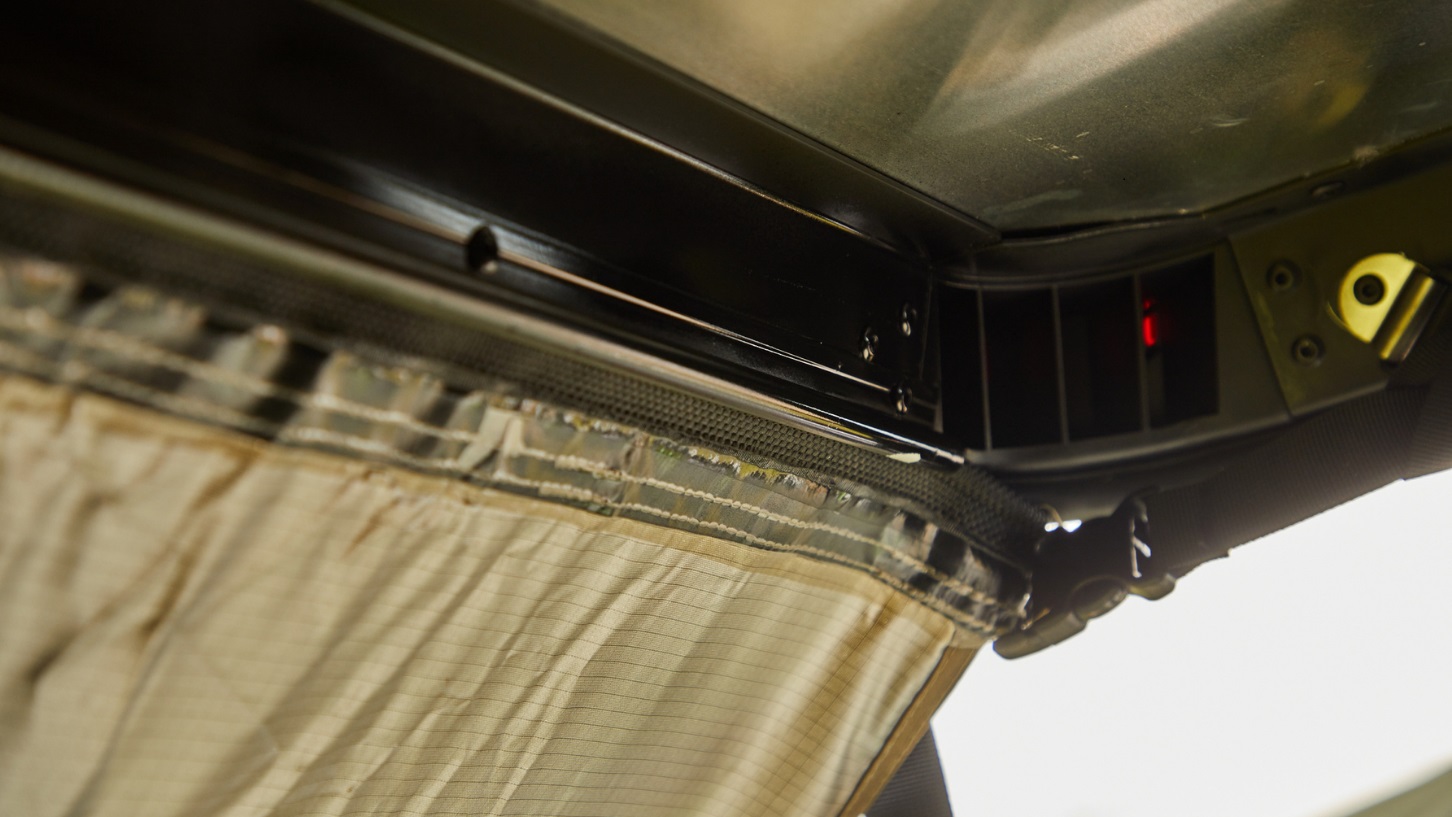
Cost
A rooftop tent will nearly always cost considerably more than a ground tent. Then there's the expense of the roof racks to mount it on (if you don't have them already). You'll quite likely spend more on fuel too, as the added weight and wind resistance usually ups fuel consumption. That said, if it's properly cared for, a rooftop tent will outlast a ground tent by quite a few years. As mentioned above, they're constructed out of sturdier materials and made to last.
Comfort
It might sound like a bit of a no-brainer, but a good sleeping bag is worth its weight in gold when you're out in the elements. The best sleeping bag for you will depend on what part of the country you'll be using it in and what time of year you'll be camping. Most sleeping bags will have a comfort rating, for example, a sleeping bag with a -5 degrees comfort rating should keep you warm in temperatures down to -5. However, everyone's different and some people feel the cold more than others so bear that in mind when choosing your sleeping bag. For an in-depth look at how to choose a sleeping bag, check out our Sleeping Bag Buying Guide.
Accessibility
There's no getting around the fact that to get in and out of a rooftop tent, you're going to have to climb a ladder. Often the ladders for rooftop tents are quite narrow and lightweight and can present a bit of an issue for the elderly or those with reduced mobility. Ladders (and the height in general) can also be an issue if you have small children - while they'll almost definitely love the idea of sleeping on top of the car, excited kids in a tent two metres off the ground can impact your ability to relax! If you're someone who needs to answer the call of nature regularly during the night, climbing up and down the ladder half asleep can also be less than ideal.
Living Space
While it is possible to get a rooftop tent with a vestibule or annex that will provide extra living space without having to go outside, in most cases, a rooftop tent is limited in the amount of living space it can provide. Ground tents are not limited in this way and can be large enough to stand up and walk around in and can even have multiple rooms. So, if you're looking for a tent for more than two people or standing space is important to you, a ground tent will probably be a better fit for you.
Safety
Camping in Australia is hardly a risky undertaking. We're lucky to live in a relatively safe country with no large predators that might come looking for a meal during the night. That said, by raising your sleeping quarters off the ground, you're making it much harder for snakes, spiders and the like to wander in looking for a shady spot to bunker down. In certain situations, a low ground tent or swag can also be at risk of being run over by other campers - especially if they're arriving to camp during the night. While this is a very uncommon occurrence, you'll sleep a lot better knowing you're safe and secure up off the ground when you hear another 4X4 roll into camp during the night.
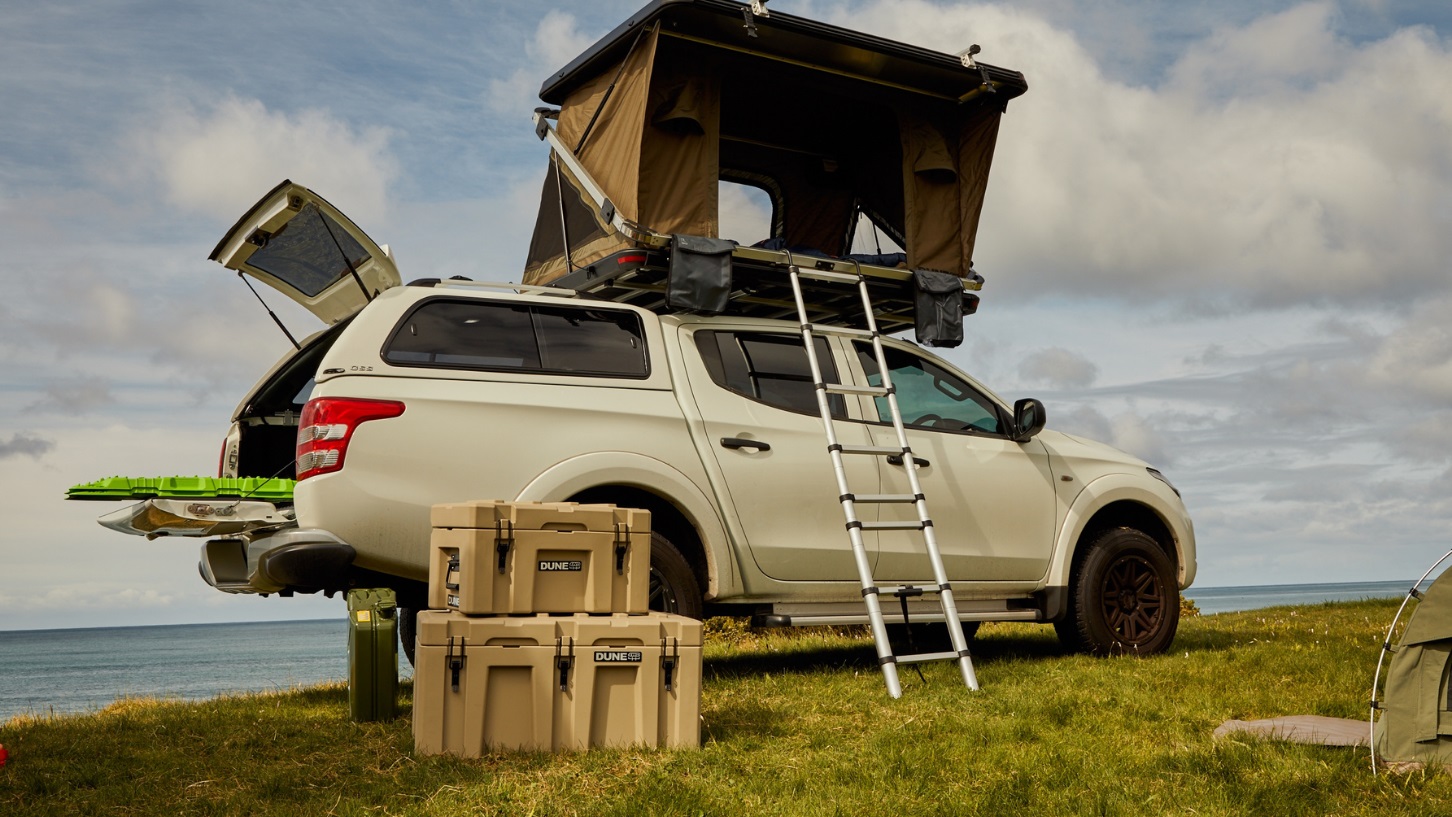
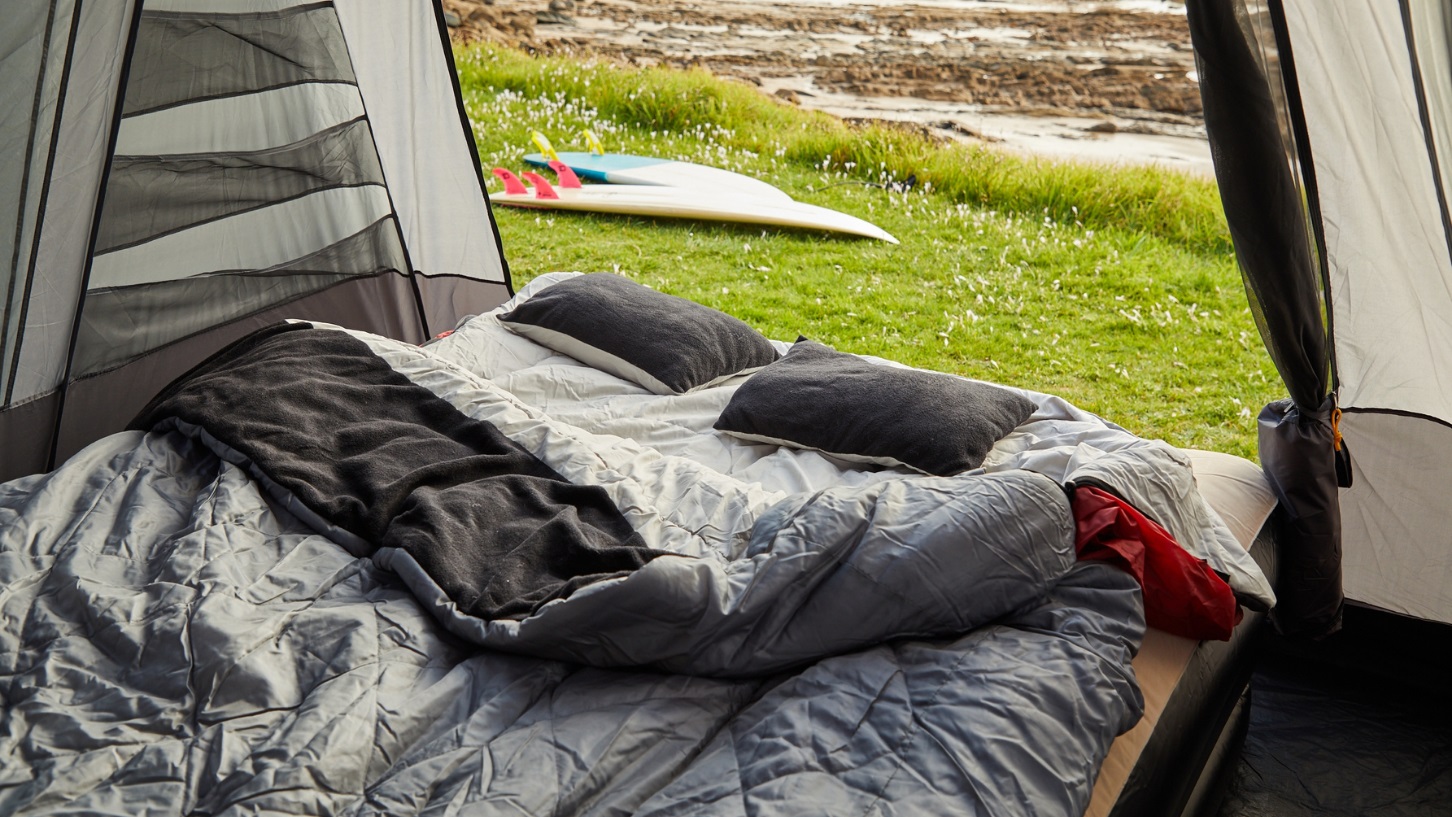
Find The Best Rooftop Tents & Ground Tents At Anaconda
Provided it fits in with your lifestyle and camping preferences, an Anaconda rooftop tent can offer a level of freedom unmatched by a ground tent. It enables you to camp just about anywhere and in all kinds of weather and environments. While a good rooftop tent will cost you more than a ground tent, if you care for it properly, it will provide you with comfortable camping for many years. Anaconda's range of rooftop tents offers both soft top and hardtop options and features affordable, high-quality models. Once you find the right rooftop tent for you, all that's left to do is choose your destination, pack the back of the car, and hit the road. Happy adventuring!
Explore our entire range of camping swags, rooftop tents and tents, and also make sure you check out our Adventure Centre for more helpful tips and exciting destinations that you can visit with your friends, family and loved ones. If you found this article helpful, then you might also like some of our other helpful articles and guides such as:
- Ultimate Guide To Camping At Home
- The Ultimate Camping Essentials Checklist
- Camping Tent Buying Guide
- How To Maintain & Care For Your Camping Gear
Find your local Anaconda store and check out our extensive range of tents for your next outdoor adventure.